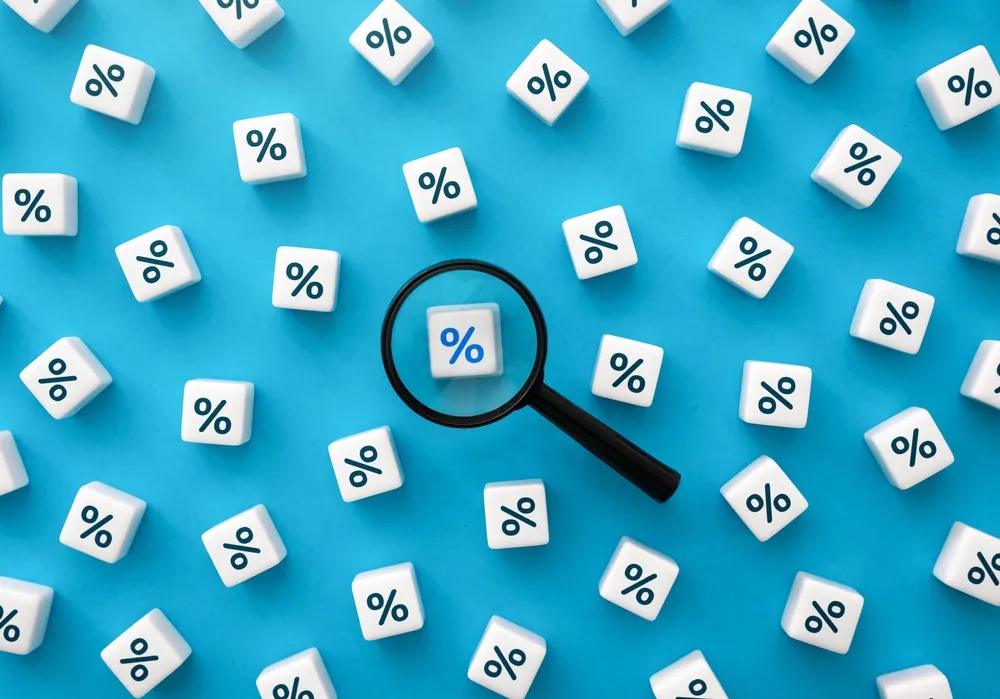Personal Finance News
I am a salaried employee filing ITR under new tax regime. What should I know about changes in slab rates?

3 min read | Updated on February 20, 2025, 09:43 IST
SUMMARY
In Budget 2025, the Union Finance Minister proposed to make amendments in the income-tax structure under the new tax regime for individuals, HUFs etc. These amendments include reduced tax rates, revised income tax slabs and a higher basic exemption limit of ₹4 lakh.

These reforms are designed to enhance disposable income for salaried employees. | Representational image source: Shutterstock
The proposed changes in the new tax regime in Budget 2025 will be effective from the next financial year 2025-26, starting on April 2025. These changes, especially in the individual slab rates under the new regime, will enable substantial tax saving for a majority of taxpayers.
In Budget 2025, the Union Finance Minister proposed to make amendments in the income-tax structure under the new tax regime for individuals, HUFs etc. These amendments include reduced tax rates, revised income tax slabs and a higher basic exemption limit of ₹4 lakh. With these changes, the government has provided relief to taxpayers and tried to simplify the tax system.
Comparison of existing vs. proposed tax slabs (under the New Tax Regime)
| Existing slab rates (₹) | Tax rate | Proposed slabs (₹) | Tax rate |
|---|---|---|---|
| 0 – 300,000 | 0% | 0 – 400,000 | 0% |
| 300,001 – 700,000 | 5% | 400,001 – 800,000 | 5% |
| 700,001 – 10,00,000 | 10% | 800,001 – 12,00,000 | 10% |
| 10,00,001 – 12,00,000 | 15% | 12,00,001 – 16,00,000 | 15% |
| 12,00,001 – 15,00,000 | 20% | 16,00,001 – 20,00,000 | 20% |
| Above 15,00,000 | 30% | 20,00,001-24,00,000 | 25% |
| Above 24,00,000 | 30% |
Further, the government also proposed to significantly enhance the rebate benefit under section 87A, raising the threshold of ₹7 lakh to ₹12 lakh, ensuring zero tax liability for individuals within this limit. In monetary terms, the rebate benefits have gone up from ₹25,000 to ₹60,000.
Notably, the basic exemption limit has been raised to ₹4,00,000, and individuals with net total income up to ₹12,00,000 will not incur any tax liability under the new regime.
For salaried individuals, the standard deduction applicable would be ₹75,000 for the new tax regime. Consequently, if one’s income before availing the standard deduction is ₹12,75,000 or less, they will not be liable to pay any tax under the new regime.
These reforms are designed to enhance disposable income for salaried employees, thereby boosting consumption and savings. By enhancing the rebate limit and adjusting the tax slabs, the government aims to provide substantial relief to taxpayers, particularly those in the middle-income bracket.
This initiative may be expected to stimulate economic growth by increasing the purchasing power of a significant segment of the population. Overall, the proposed changes aim to simplify the tax structure and provide substantial relief to taxpayers under the new tax regime.
It's important to note that these proposals are subject to legislative approval and would come into force from Financial Year 2025-26 onwards once the Finance Act 2024 is passed.
Related News
By signing up you agree to Upstox’s Terms & Conditions
About The Author
Next Story



